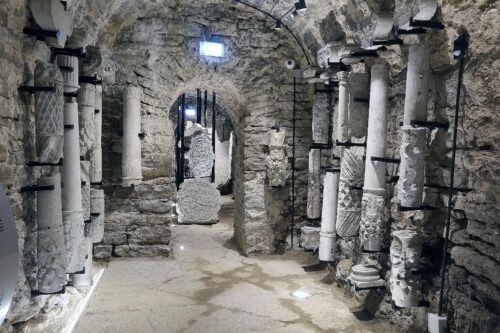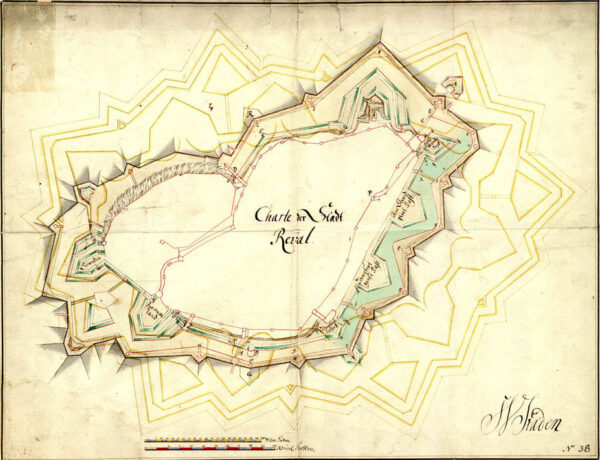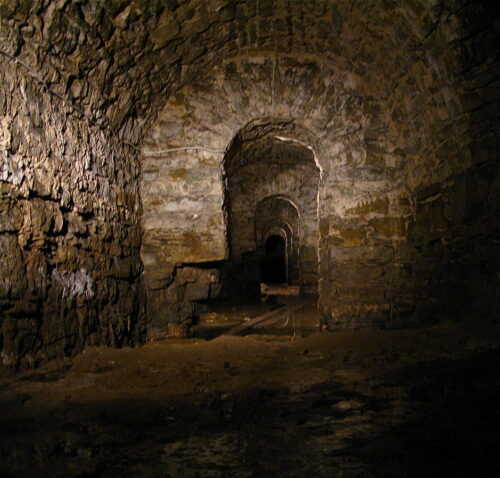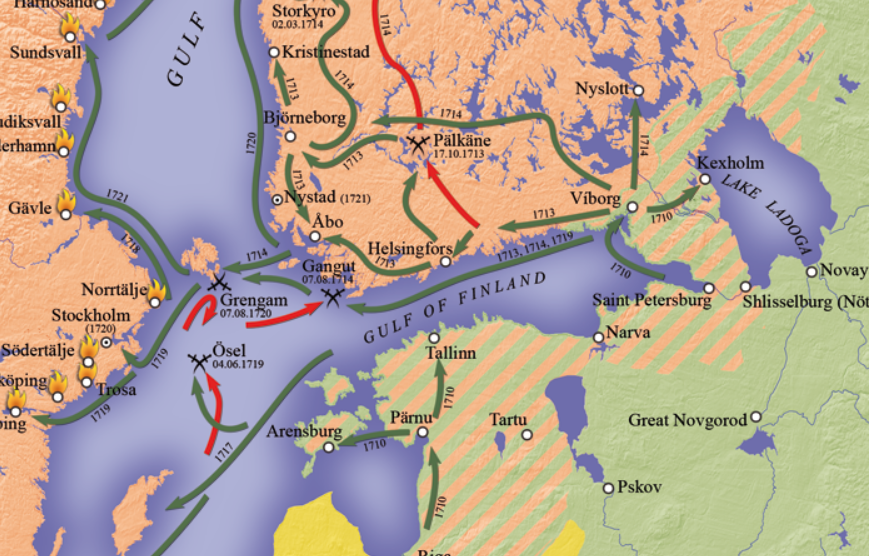Early Adulthood
Although the war with Russia reached Tallinn two times, it was the outskirts outside its walls that paid the price, not Tallinn. The Swedish crown didn’t change many things in Estonia. Tallinn remained the capital of the country (the northern part of today’s Estonia) and seat of its government. Τhe Lübeck Rights were preserved. Although the authority of the Town Council was significantly curtailed, the different customs of the towns along the Gulf of Finland (except for Vyborg) were leased to Tallinn until 1629 after a proposal of Gustav II Adolf. According to the lease agreement; the only towns with a right to have warehouses for foreign merchants in the area became Tallinn and Vyborg. The most important contribution of the Swedes was in the field of education with the founding of the Reval Gymnasium (1631) and a university, the second in the Swedish Empire, in the city of Tartu (1632) while they also contributed greatly in the establishment of several printing houses across Estonia. Tallinn’s printing house played a major role in publishing the work of local literates and books in Estonian language.

After a great fire in 1684 that obliterated the upper town of Toompea, all wooden buildings were prohibited. In the same time a project for reinforcement and modernization of the city’s defense system was set in motion. Τhe upper town started to take its current form and a new underground network of passages and tunnels was dug underneath Harju Hill and Linda Hill at the edge of Toompea.


Towards the end of the 17th century it was obvious that the fragile truce between the two main competitors of the Baltic would again reach a boiling point. The Great Northern War started in 1700. Despite the effort and the money spent by the Swedes for their construction, the defensive tunnels were never used for that purpose. When the Russians finally invaded in 1710, most of the town’s population had already been wiped out by a plague that had been ravaging the whole region since 1708. The Defenders of the city were very weak to make a stand so Tallinn was in essence handed out to the Russians without a fight.



